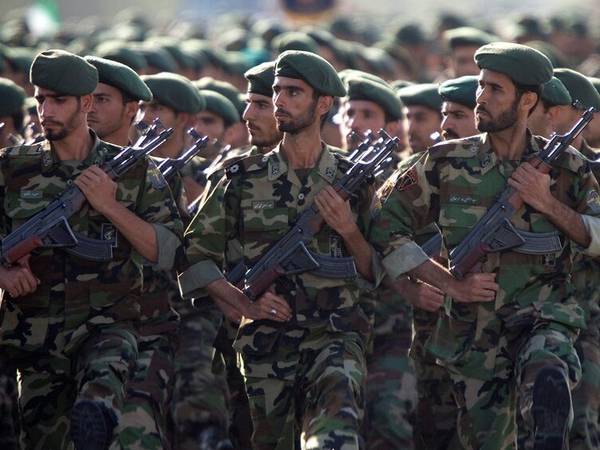The Canadian government's designation of the Revolutionary Guard (IRGC) as a terrorist entity provoked diverse reactions from Iranians: the authorities expressed profound outrage, while many citizens welcomed the decision.
Shortly after the announcement, the Canadian Foreign Minister advised against travel to Iran, citing increased risks of arbitrary detention for Canadians.
The Iranian Foreign Ministry Spokesman, Nasser Kanaani, did not mince his words, denouncing the move as 'disgusting' and an irresponsible and "provocative continuation of Canada's longstanding policies." Similarly, Kazem Gharibabadi, Deputy for International Affairs of Iran's hardliner Judiciary, did not hold back, labeling Canada’s decision as 'hostile' and emphasizing the IRGC's importance for Iran's national security and regional anti-terrorism efforts.
Iran's Foreign Ministry summoned the Italian ambassador, who represents Canadian interests in Tehran, to protest Ottawa's decision, condemning the move as "unlawful and internationally illegal."
Meanwhile, the Iranian community in Canada rejoiced, having played a pivotal role in pressuring the Canadian government to designate the IRGC, driven notably by families of the victims of flight PS752, which was shot down shortly after departing Tehran's international airport in January 2020.
Hamed Esmaeilion, a Canada-based activist who lost his family aboard flight PS752, told Iran International that designating the Guards sends a supportive message to Iranians worldwide and provides a sense of justice to families of IRGC victims.
Ardeshir Zarezadeh, director of the International Center for Human Rights in Canada, remarked that this is a significant step because "the IRGC, rather than the government, is the principal power" in Iran.
“This move is likely to prompt more countries to add the IRGC to their terror lists, further restricting trade and diminishing IRGC's influence,” Zarezadeh told Iran International.
Numerous Iranians worldwide also voiced their jubilation through voice and video messages to Iran International, urging more countries to follow suit.
The psychological impact on people close to IRGC members was noted by one individual, who pointed out that "even within their own families, the IRGC elements are not respected", and even more so now if they lose the prestige of money and a Canadian visa.
Another described Canada's move as a "turning point," eliciting joy among more Iranians worldwide.
According to another individual, this step “may be the catalyst for European nations to classify the IRGC as a terrorist organization and impose sanctions on them.”
Despite this, some individuals were content with the move but more pessimistic in their outlook.
A citizen remarked on the "formidable influence of the IRGC", questioning whether the designation as a terrorist organization, despite being a positive step, would bring about substantial change, pointing to Hamid Nouri's release from prison in Sweden, the individual underscored that the IRGC operates akin to a “global mafia, interacting extensively with security institutions worldwide.”
Hamid Nouri, a former Iranian official convicted of war crimes, was exchanged in a prisoner swap between Sweden and the Islamic Republic earlier this month.
Critics denounced the Swedish government's actions as "dangerous". They warned of "far-reaching consequences," asserting that such measures bolster Iran's strategy of diplomatic hostage-taking, resulting in numerous dual nationals being incarcerated in Iran without clarity or resolution.
The designation also sparked international calls for action, especially from Australian senators who have criticized their government for its reluctance to consider listing the IRGC.
Yet, governmental decisions on this matter have been shaped by endeavors to mollify Iran amid its nuclear program, as exemplified in the EU and the UK. Still, they have imposed targeted sanctions against Iran for its destabilizing activities and proliferation of weapons.
